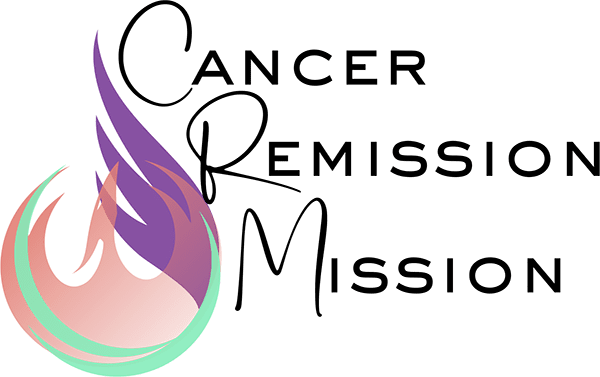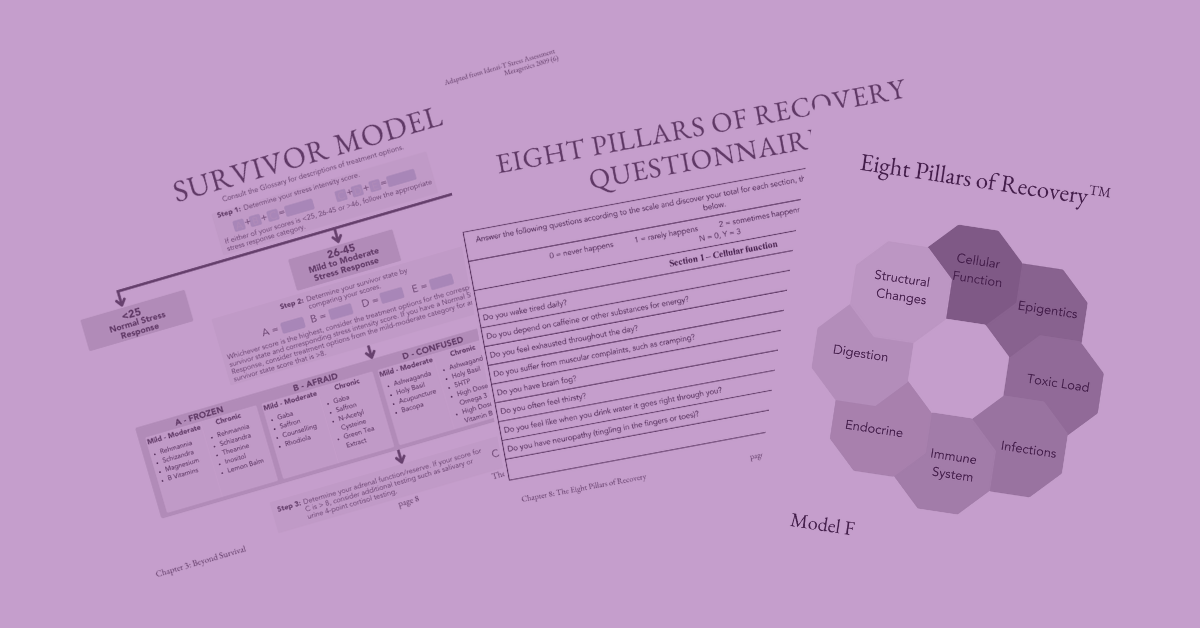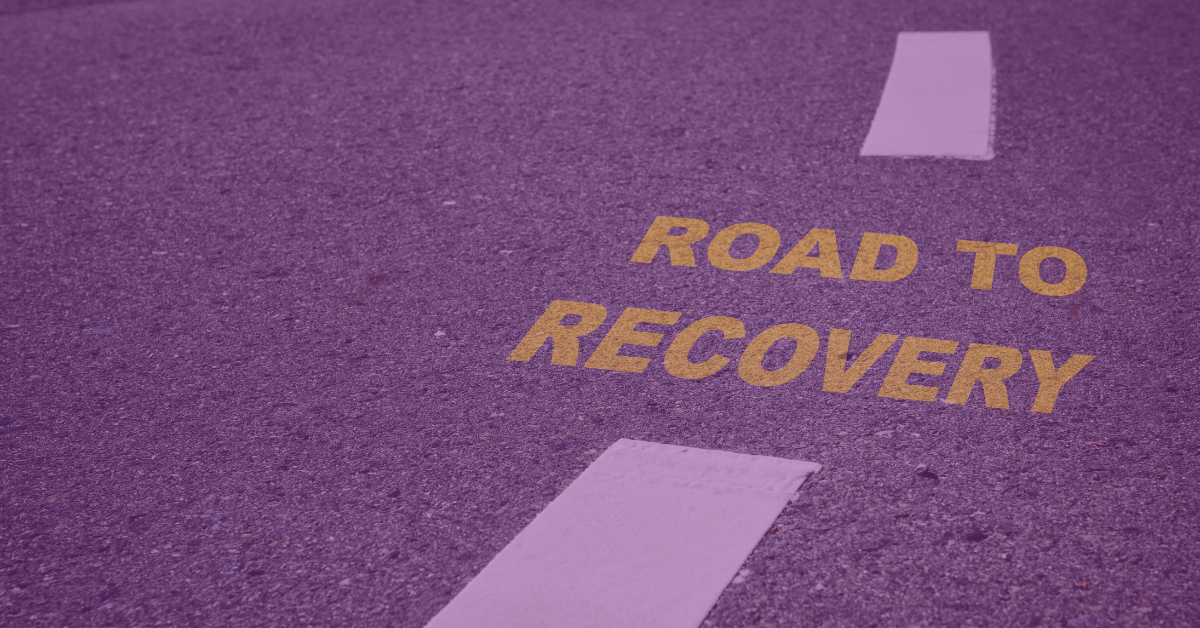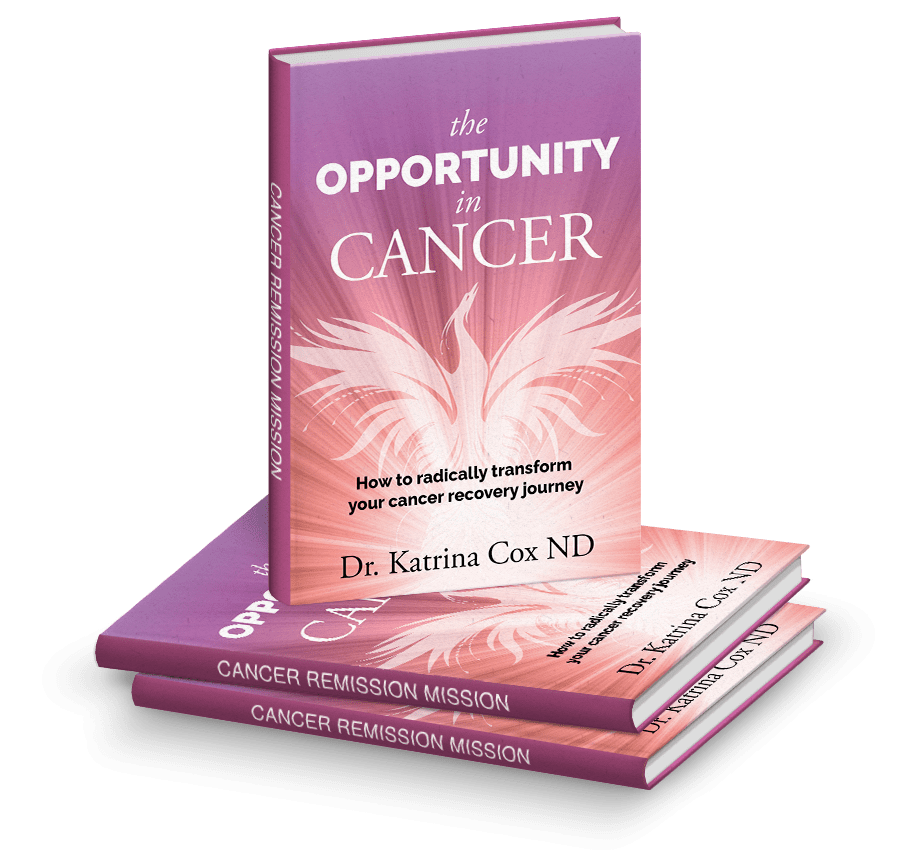I myself have been in this position, supporting both my father, then my mother, on their cancer journeys. It is important for loved ones to understand what their cancer survivor is going through. Having cancer is a unique experience. It is an emotional journey that is hard to fully explain to someone who hasn't experienced it themselves.
Over the years, my parents have both said at multiple times throughout their cancer journeys that they would much rather be the person who's been diagnosed with cancer and go through treatment than to be the one who is the supporter of a cancer patient. These statements are incredibly insightful and hold a lot of meaning about their respective cancer journeys.
Watching someone you love and care about experience feelings of hopelessness and helplessness is beyond challenging. Although we can physically do things to help our loved ones, it sometimes feels like it's never quite enough to lessen the burden of cancer.
Trying to understand what your loved one is really going through emotionally isn't easy. With the uniqueness in that both my parents have gone through cancer, and have been the primary support person to a cancer survivor, it really struck me as incredibly important to understand the skills that we need to support our loved ones and the ways that we can create space for them to heal, physically and mentally.
What I encourage any supporter of a cancer survivor is to focus on the 3 L's:
Listen – Love – Live
Listen
We all need encouragement – sometimes we can't clearly see the path forward. We all need cheerleaders – sometimes we need to be reminded of how strong we are. But we also need friends that can just hold our hands and listen.
There is an art to listening. It is about being attentive and acknowledging what you have heard, without giving advice (unless you are invited to do so, of course). The first thing I tell anyone supporting cancer survivors is to simply start by listening. By listening, we're creating the space for them to just talk, to connect, to allow their thoughts to come out. It is often when thoughts are fully expressed that we can process what we are going through.
Even if they're not a person who talks a lot, you can just simply say, "I'm here to listen whenever you're ready to share." Listening can happen in a physical format where there's actually listening. However, listening also means just creating space and letting them take their time to be able to share with you.
Love
The second L that I tell the supporters is to love. Loving is about encouragement. Understanding that sometimes you can't grab too tight or try to control the situation for them. The reality is that each person has to process their own emotions. If we are encouraging our loved ones to share so that we can listen, we also can hold space by just loving them in a way that they feel the most comfortable with. That can simply be holding a hand. It can be showing them the awe of their courage. It can be a gesture of love.
There are so many love languages. A way of showing love is by simply learning about their cancer and understanding the steps in their recovery. My book, The Opportunity In Cancer, is a great resource for loved ones of cancer survivors to learn from to better understand the remission experience.
Live
 The last one is to live. This means to join them in whatever journey they're on. Join them by going with them on a walk, even if you don't feel like it. Join them by going with them to things or maybe allowing them the opportunity to drive, with you just as a support, so that they can go through those things themselves. Being with them as they live their life is really important. When they're ready to do something and they ask for a partnership, do it. If they're not ready to do it with you, then let them do it at their own pace.
The last one is to live. This means to join them in whatever journey they're on. Join them by going with them on a walk, even if you don't feel like it. Join them by going with them to things or maybe allowing them the opportunity to drive, with you just as a support, so that they can go through those things themselves. Being with them as they live their life is really important. When they're ready to do something and they ask for a partnership, do it. If they're not ready to do it with you, then let them do it at their own pace.
After cancer remission, your loved one is rediscovering who they are. If you allow them the space to do that, they're going to find their way more easily and ultimately be grateful for your support. That safety net of you being there, that familiarity, that listening, loving, and living with them is invaluable. If you are able to just take a step back, a couple breaths and see those things, and see yourself doing those things, then you are able to address the burden of that mentality that they're going through and that you're able to understand and be compassionate for them.
If you have a loved one that is trying to find their way forward after cancer, your support is key. The Cancer Remission Mission is focused on helping cancer survivors radically transform their lives and start to thrive again. If your loved one is looking for a supportive community of like-minded cancer survivors, we'd love for them to join us at The Cancer Remission Mission. Where to start? Join us for our upcoming live in-person, experiential workshop. Click here to register or for more information.




